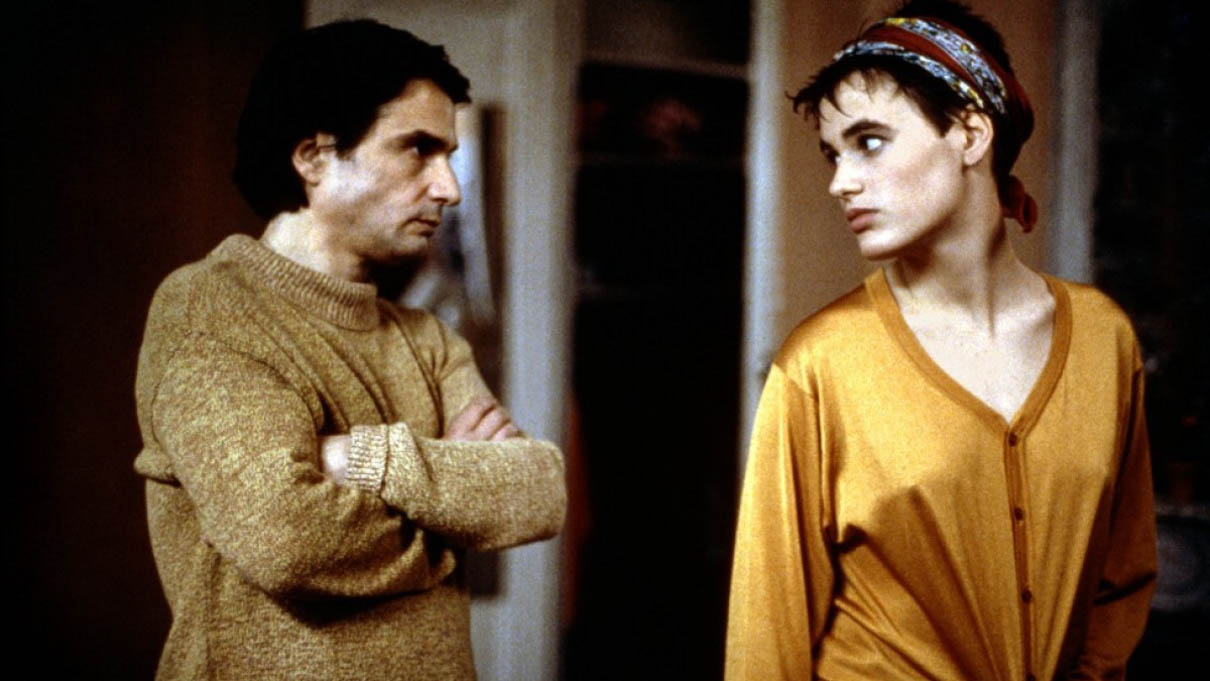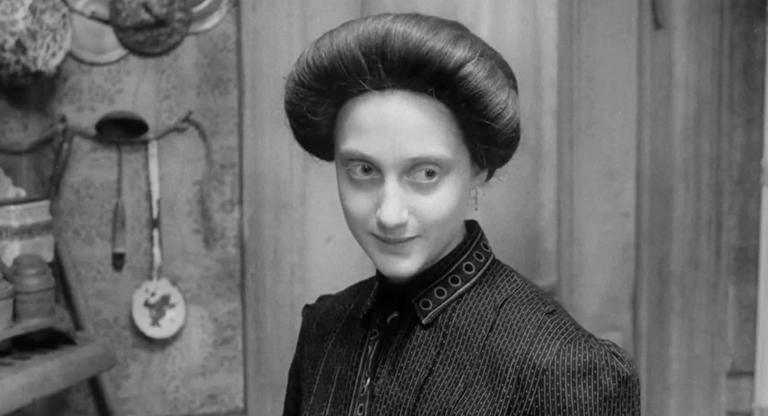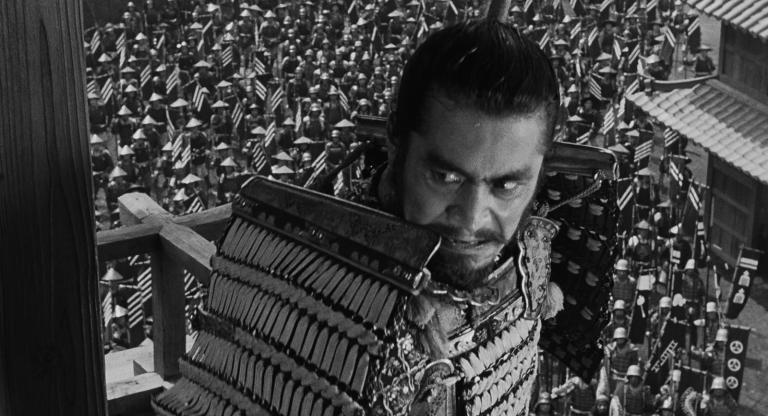The agitations of contemporary youth have commonly been the subject of cinema, and Olivier Assayas engaged with these tensions in his earliest films. Paris Awakens (1991), his third feature, sees him explore the preoccupations of a young generation navigating the late ‘80s with particular sensitivity. It will be revived alongside A New Life (1993) in new restorations at the Brooklyn Academy of Music tonight.
The story follows 19-year-old Adrien (Thomas Langmann), who flees Toulouse and returns to his father Clément (Jean-Pierre Léaud, no longer the child of Truffaut’s films) in Paris after four years of estrangement. Soon, Adrien begins a relationship with Clément’s live-in 18-year-old girlfriend, Louise (Judith Godrèche). Like a postcard from Irma Vep (1996), the film opens under the gray night skies of Paris, with a black-leather-clad Adrien traveling by bus, then by subway, before finally landing directly onto train tracks and emerging into the city.
Assayas allows the city to permeate the film and shape part of its story; Paris becomes a prolific framework through which the characters wander freely. This invites a certain level of improvisation: the actors’ movements often feel spontaneous, as if reactive to their surroundings, revealing a more perceptible collective human experience. Early on, a long tracking shot captures an argument between Clément and Louise as they move through their apartment’s rooms and hallways. A similar setup follows in a conversation between Clément and Adrien. In both, Assayas visualizes generational distance through spatial separation. The roving camera instills its own presence within the film, its continuous motion producing a rapid rhythm that reflects both the vitality and emotional malaise of adolescence.
With an original score by John Cale and the Pixies’ “Debaser” animating a club scene, the camera and soundtrack are positioned as active participants and artifacts of reality. Assayas refined this sensibility in Cold Water (1994), where, edited to an American rock soundtrack from its 1970s setting, the camera transforms into a sort of comrade to youth rebellion.
Paris Awakens closes with another long tracking shot of a minor character at work in a restaurant, oscillating between the kitchen and the dining room. The absence of the three central figures in the final scene suggests that their lives continue elsewhere, while the emergence of another character opens the possibility of a new story. Then, an abrupt cut to the end credits: time doesn’t pause to coincide with the end of the film.
Paris Awakens screens this evening, November 4, at BAM.



